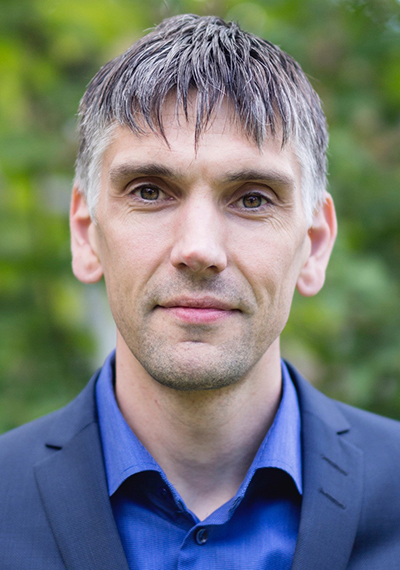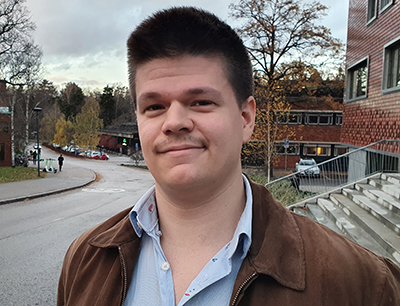New Cybersecurity master's programme is open for applications

Cybersecurity isn’t just a worldwide need, it’s now a master’s programme at KTH—and the first batch of students are applying for it.

While cybersecurity-related courses have long been part of various curricula within the School of Computer Science and Electrical Engineering, the time for this subject to be consolidated as a singular master’s degree programme is finally due, says Professor Mathias Ekstedt, who is charged with getting the new programme, Cybersecurity, off to its start.
The programme offers a broad competence across the many dimensions of cybersecurity.
“We want students to gain a well-rounded, full knowledge of everything cybersecurity,” Ekstedt says.
Various courses that were spread across programmes have been organized into a new structure, with the addition of some courses that integrate the whole programme, Ekstedt says. “Engineers who enroll in the Cybersecurity master’s programme now have the opportunity to take many of these courses, where previously they could only take a few.”
Expansive subject
Cybersecurity is more than a subject. As the world becomes increasingly digitalized, it’s a theme as broad as society itself, ranging from fundamental computing theory to software engineering, computer communication, large-scale distributed systems, and physical process control to human and social behaviour, he says.
Read the master's programme catalog description for CybersecurityEkstedt says that for this reason it intersects with numerous engineering disciplines at KTH. The new programme reaches out to aspects of the business and social context of cybersecurity, enabling students to complement their training with experiences in areas such as machine learning, critical infrastructure monitoring and control and user interaction design.
He says the programme will strive to establish a strong interaction with industry, as part of its development and quality assurance, as well as to generate master’s thesis projects, study visits, extracurricular events and activities and competitions.
Demand from students, society
The creation of the programme follows on the heels of an immensely popular computer science course on Ethical Hacking, which was introduced in 2018 and currently has an enrollment of 400 students.
Erik Mickols is one of those who were inspired by the Ethical Hacking course, and now has his target set on the new programme.

“I wasn’t sure which degree to pursue and was mainly interested in low level programming, but Ethical Hacking blew the doors open for me,” he says. “How software and hardware work together was interesting to me—pushing the machine to do more than it was intended to. Cyber security ties everything I was interested in together with previous experience.”
A Swedish citizen who served in the country’s military before enrolling at KTH, Mickols says the programme also appeals to his sense of duty to protect people. “From a society perspective, that’s what it’s all about.”
Nevertheless, Ekstedt says, there is a shortage of cybersecurity engineers. “There is a need for dedicated security competence. Society has been asking for this programme.”
David Callahan
Read the master's programme catalog description for Cybersecurity
